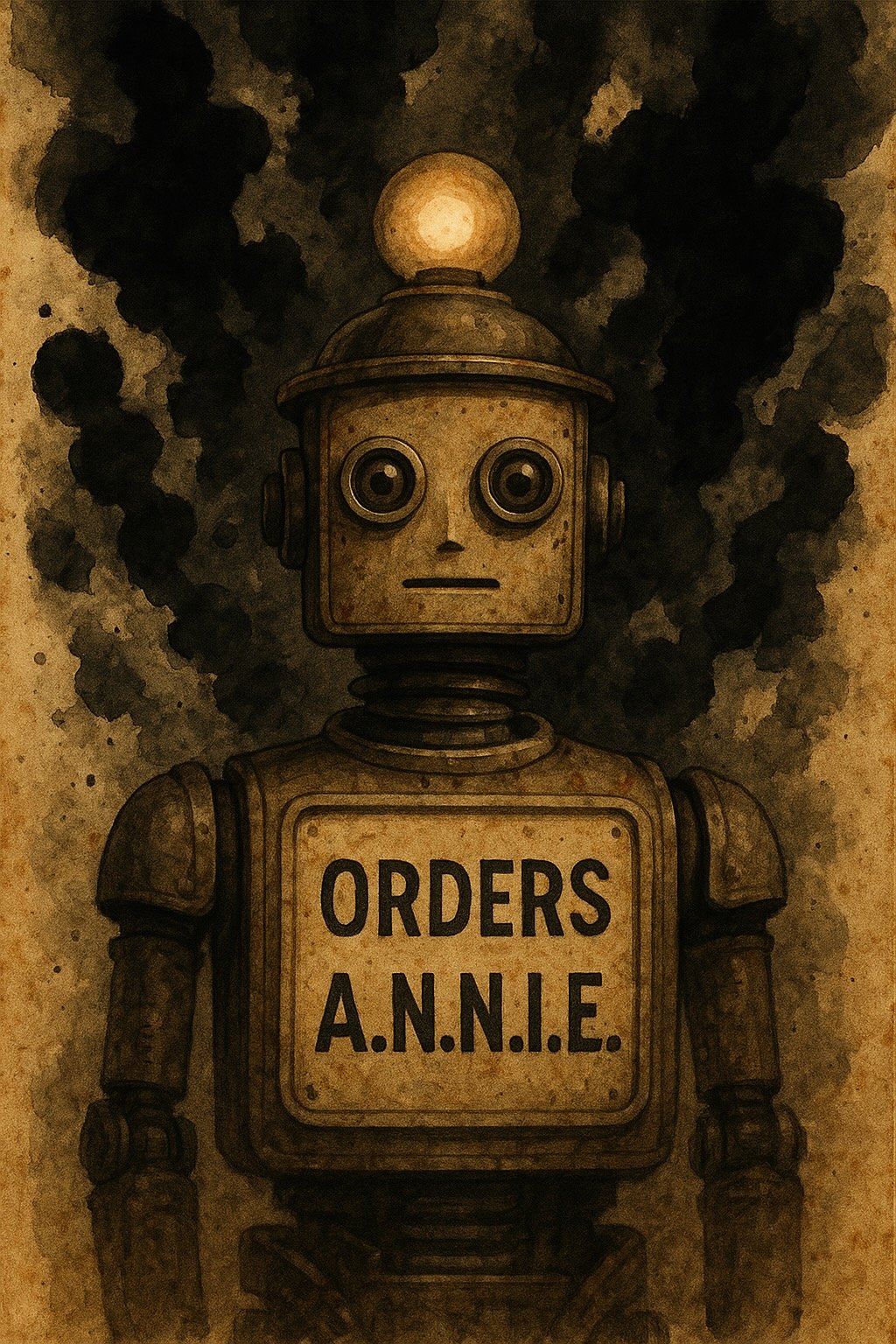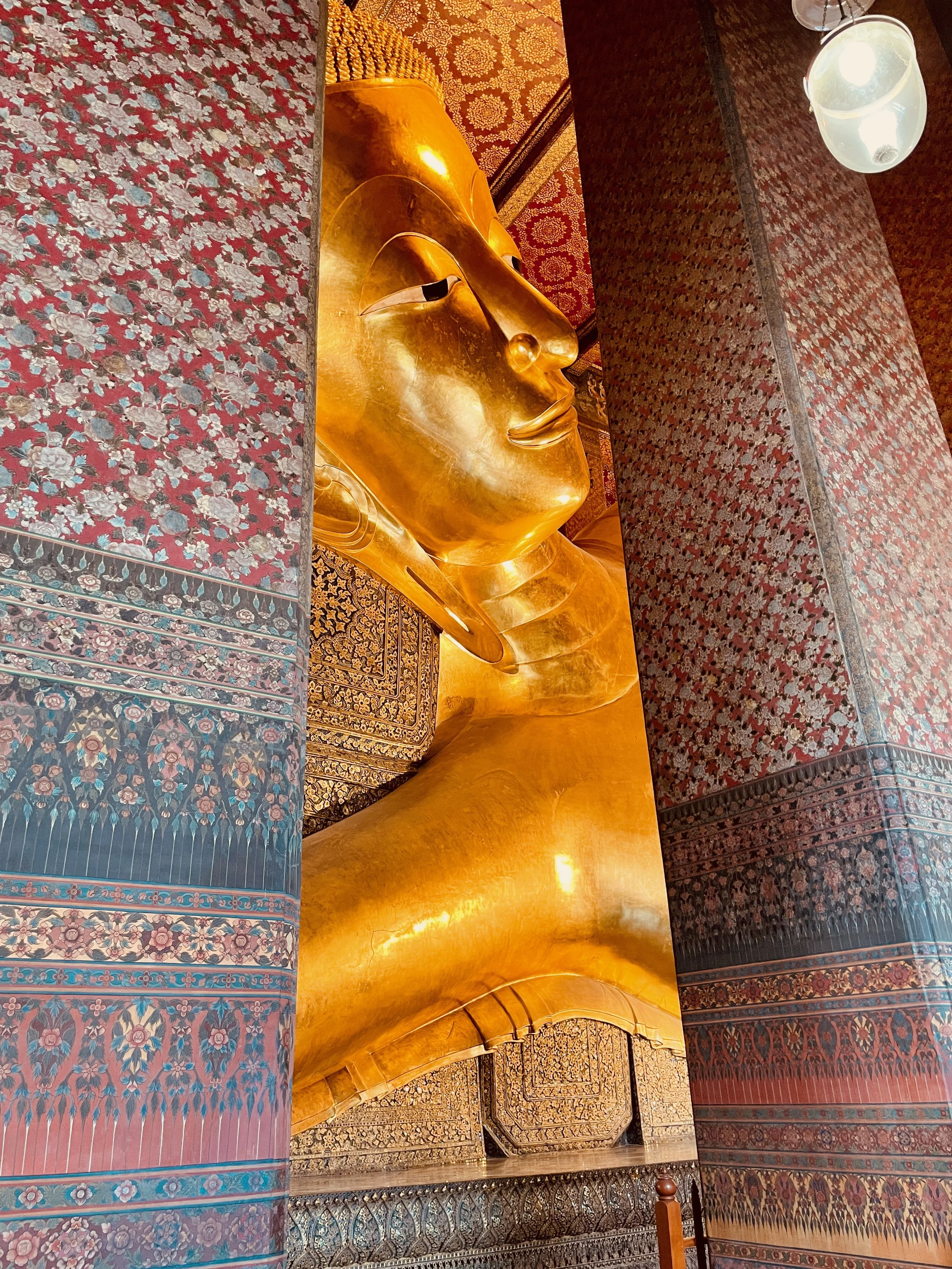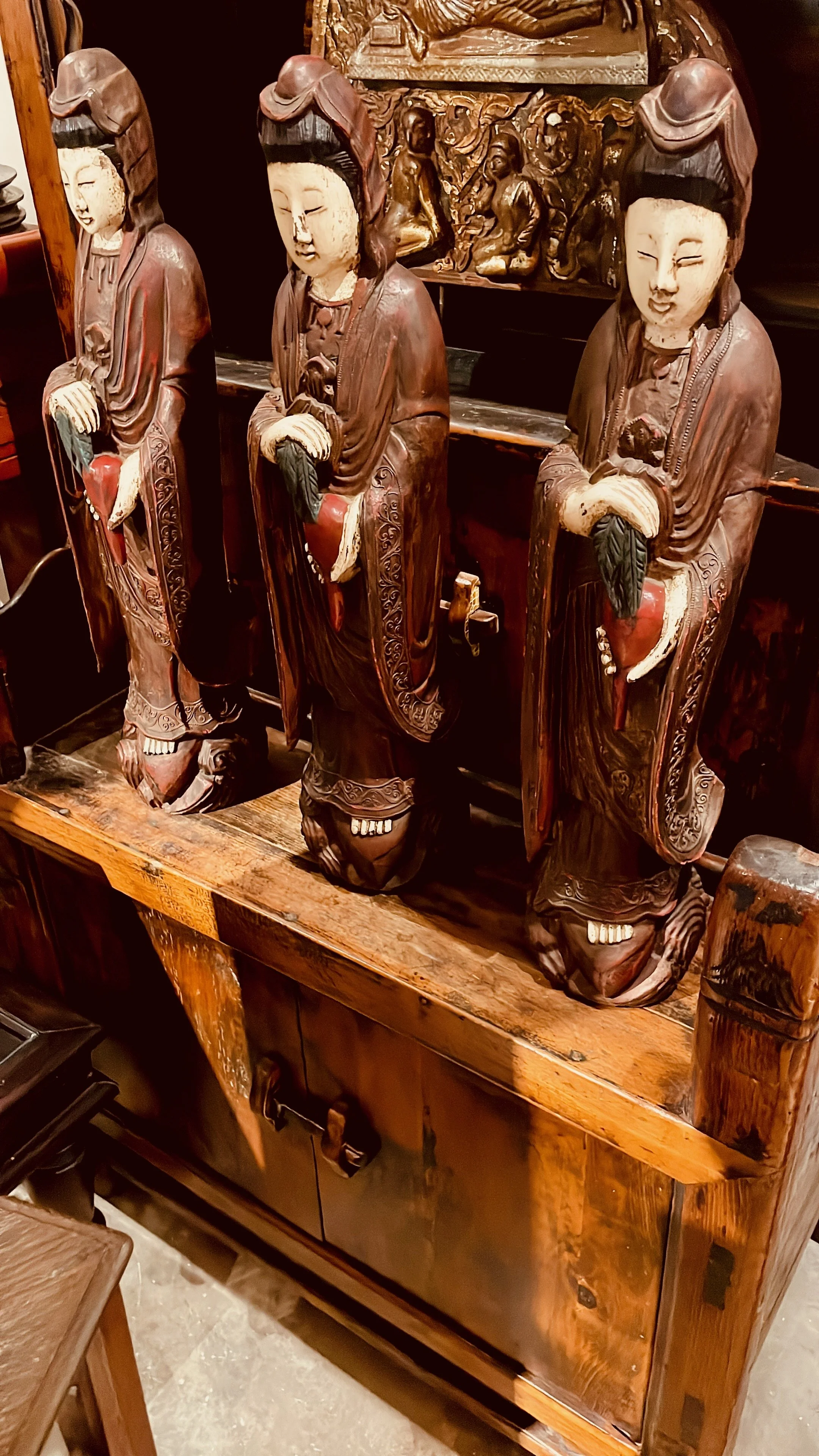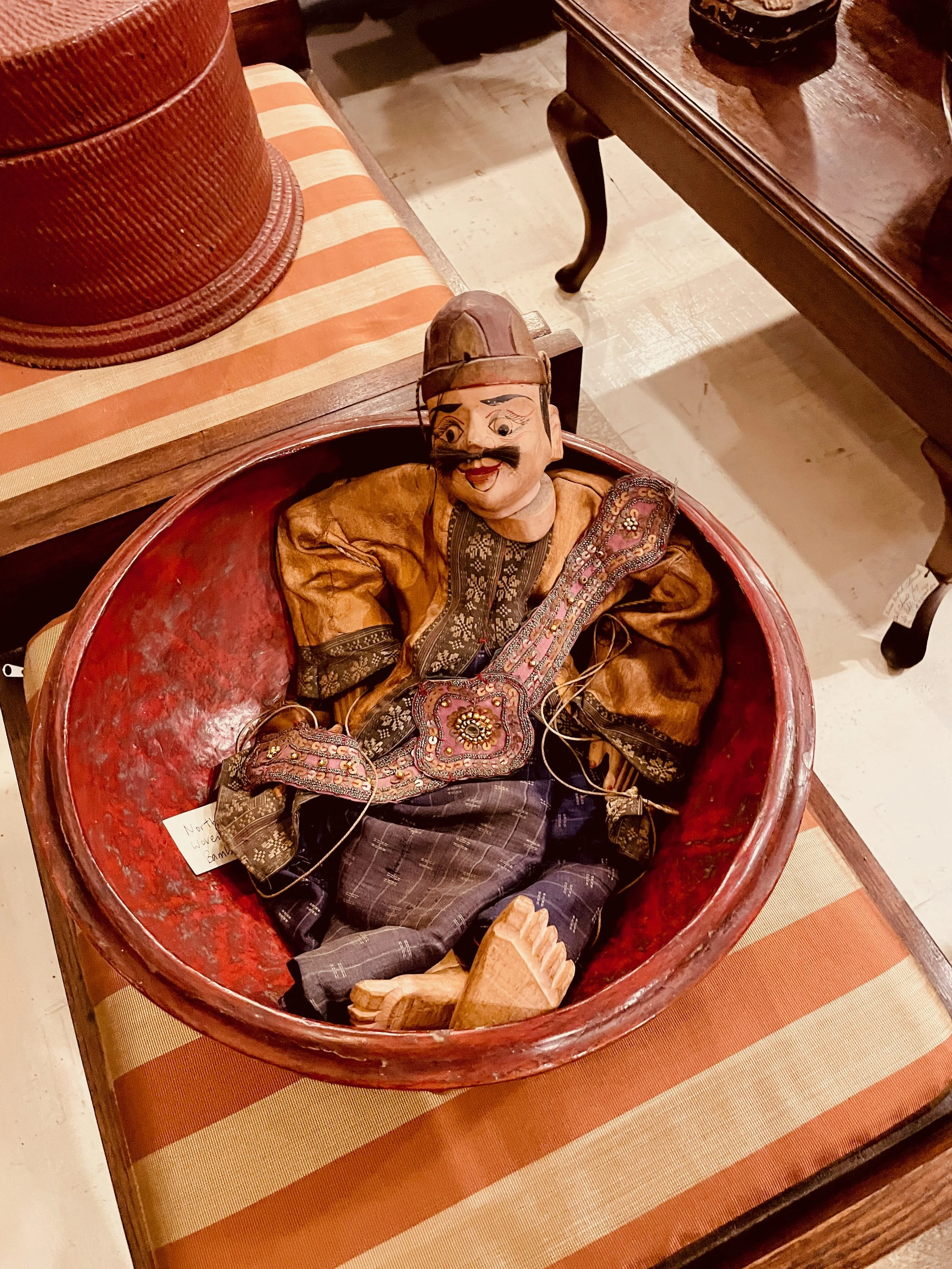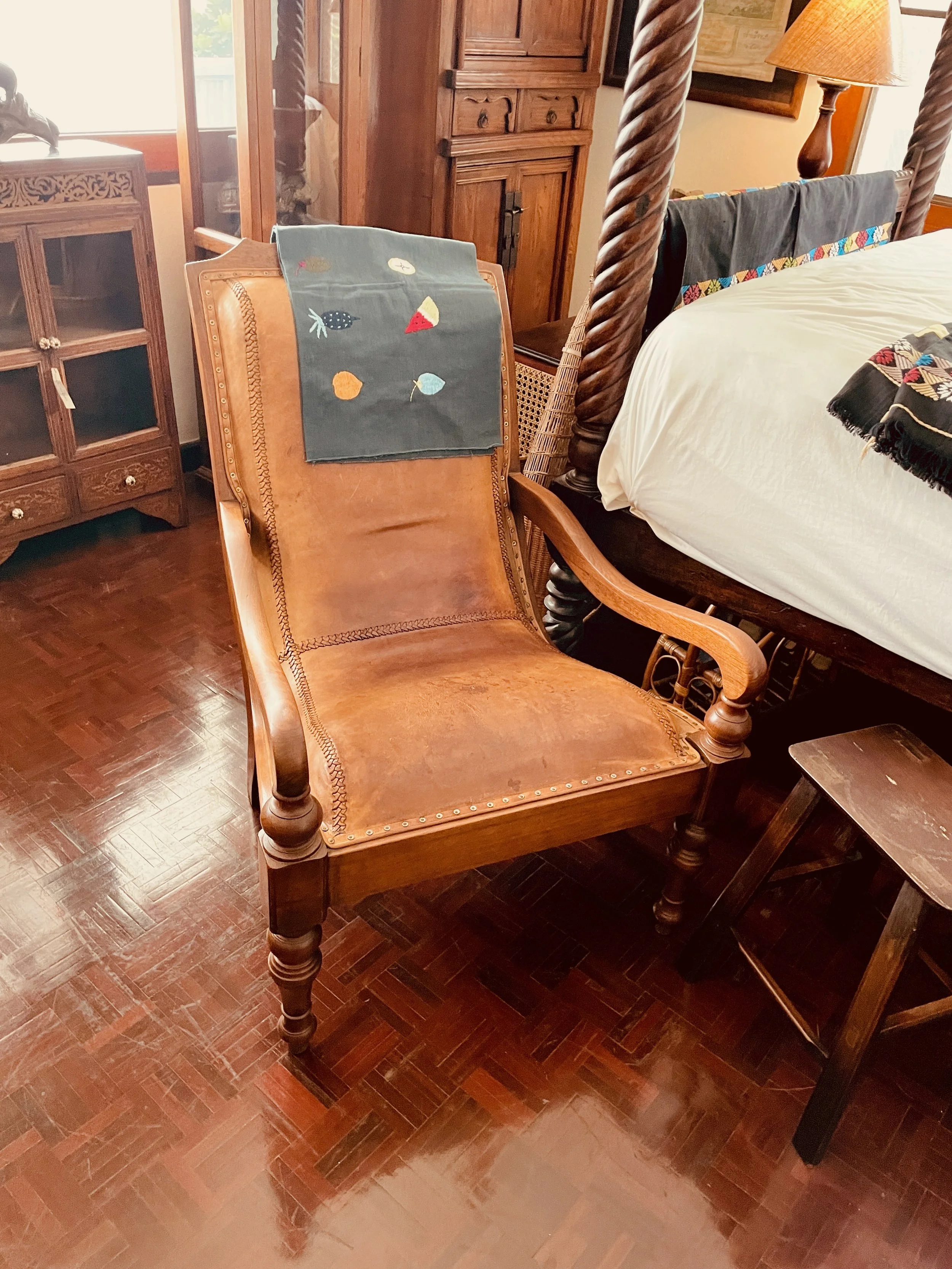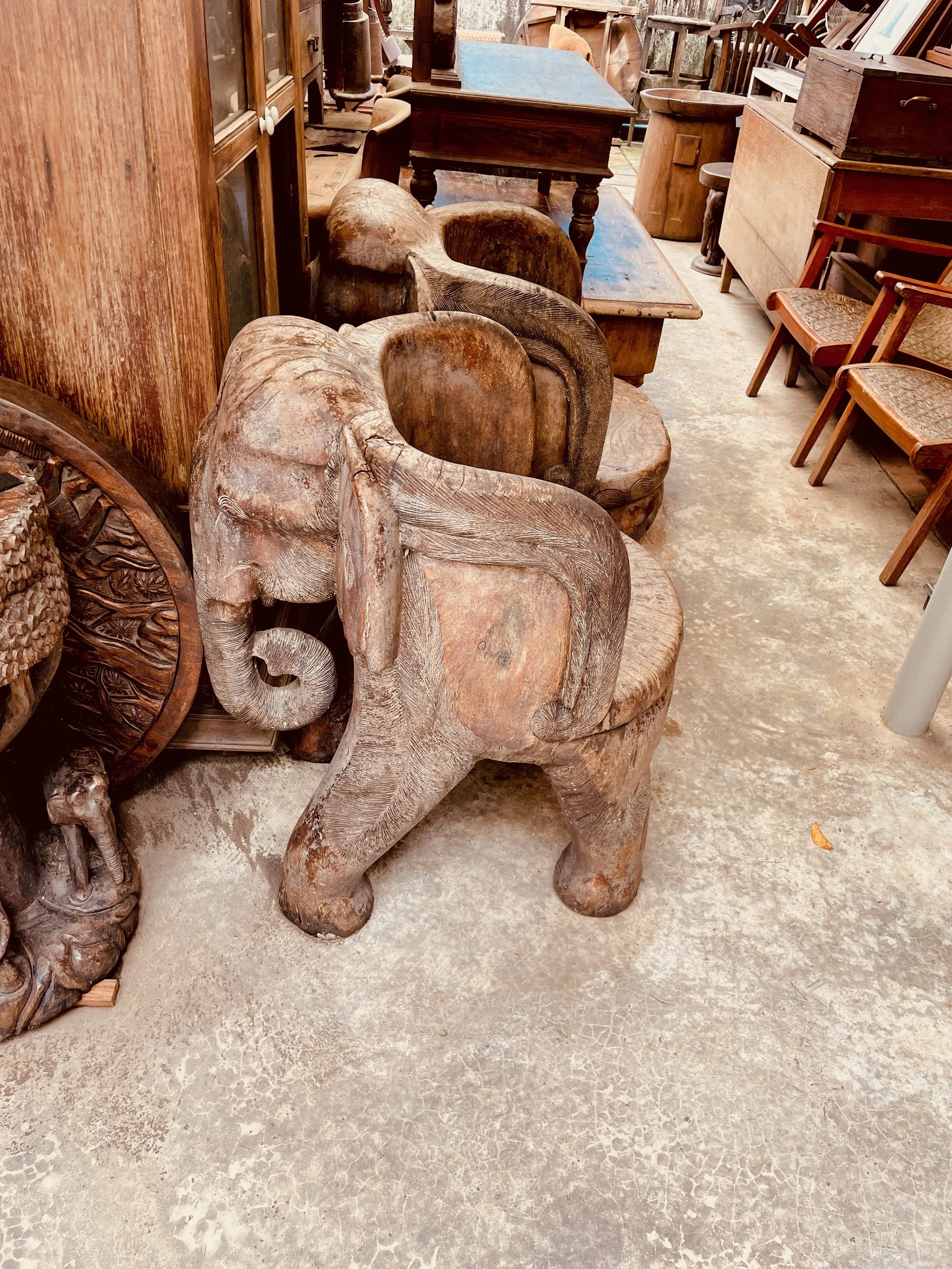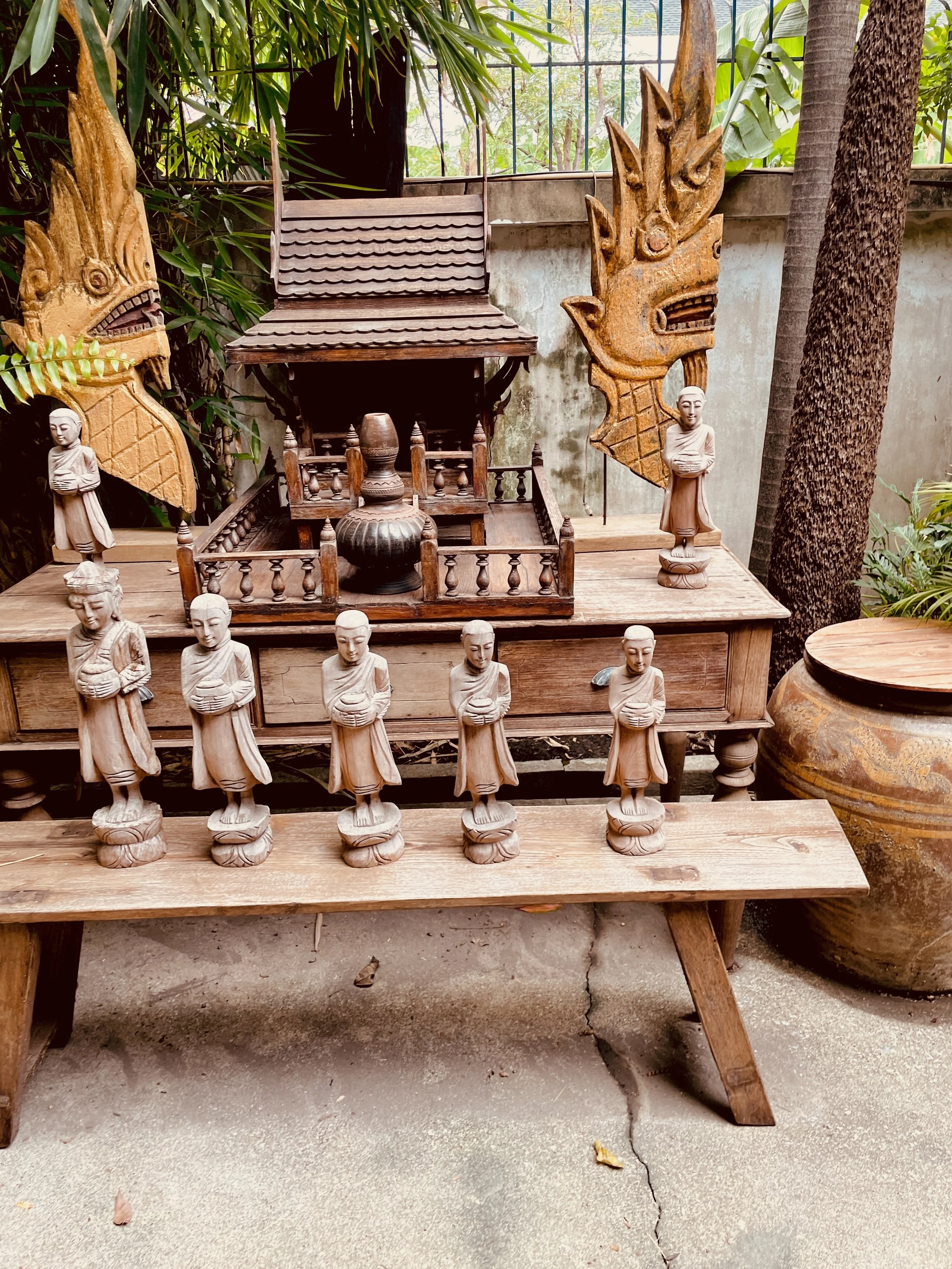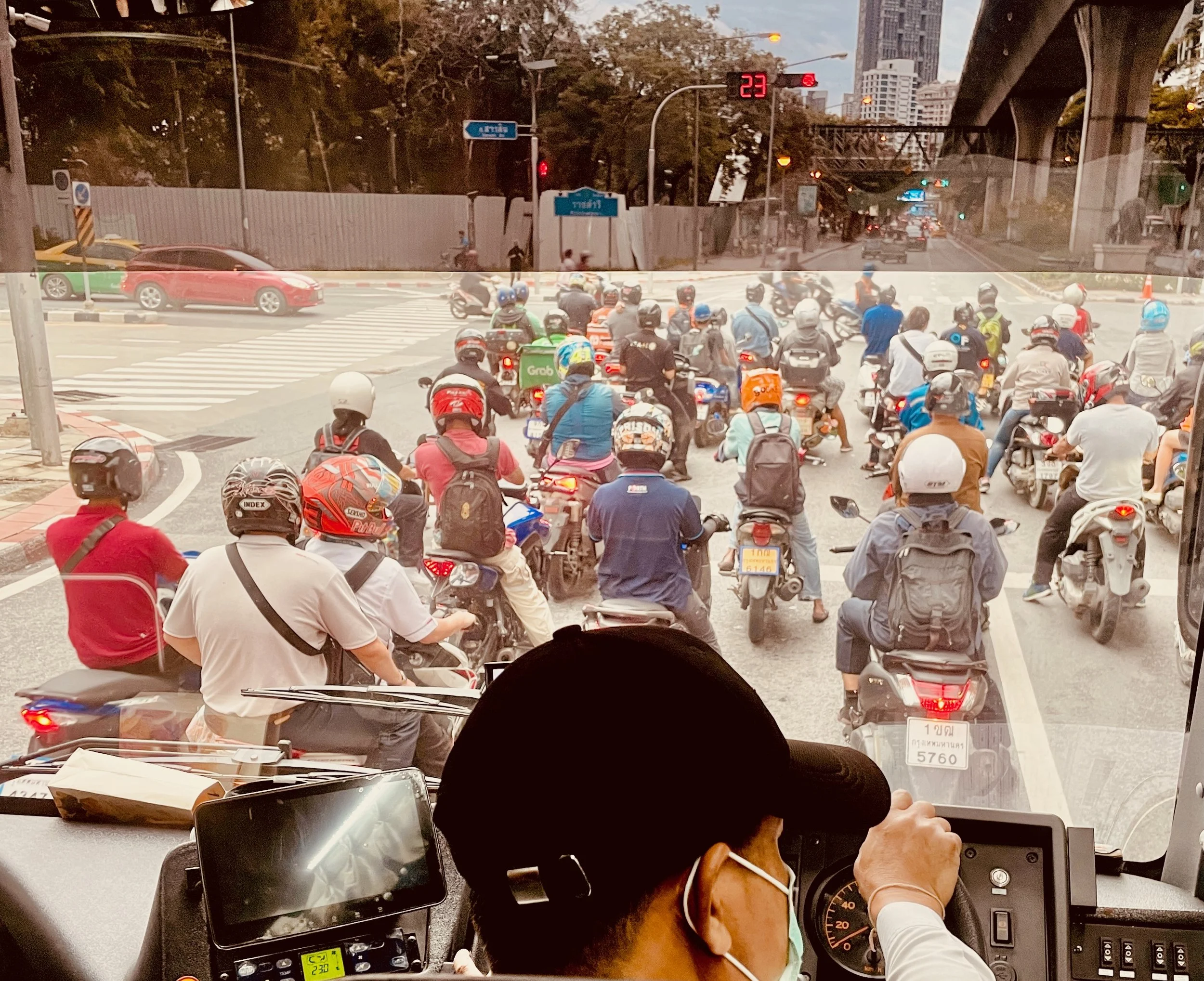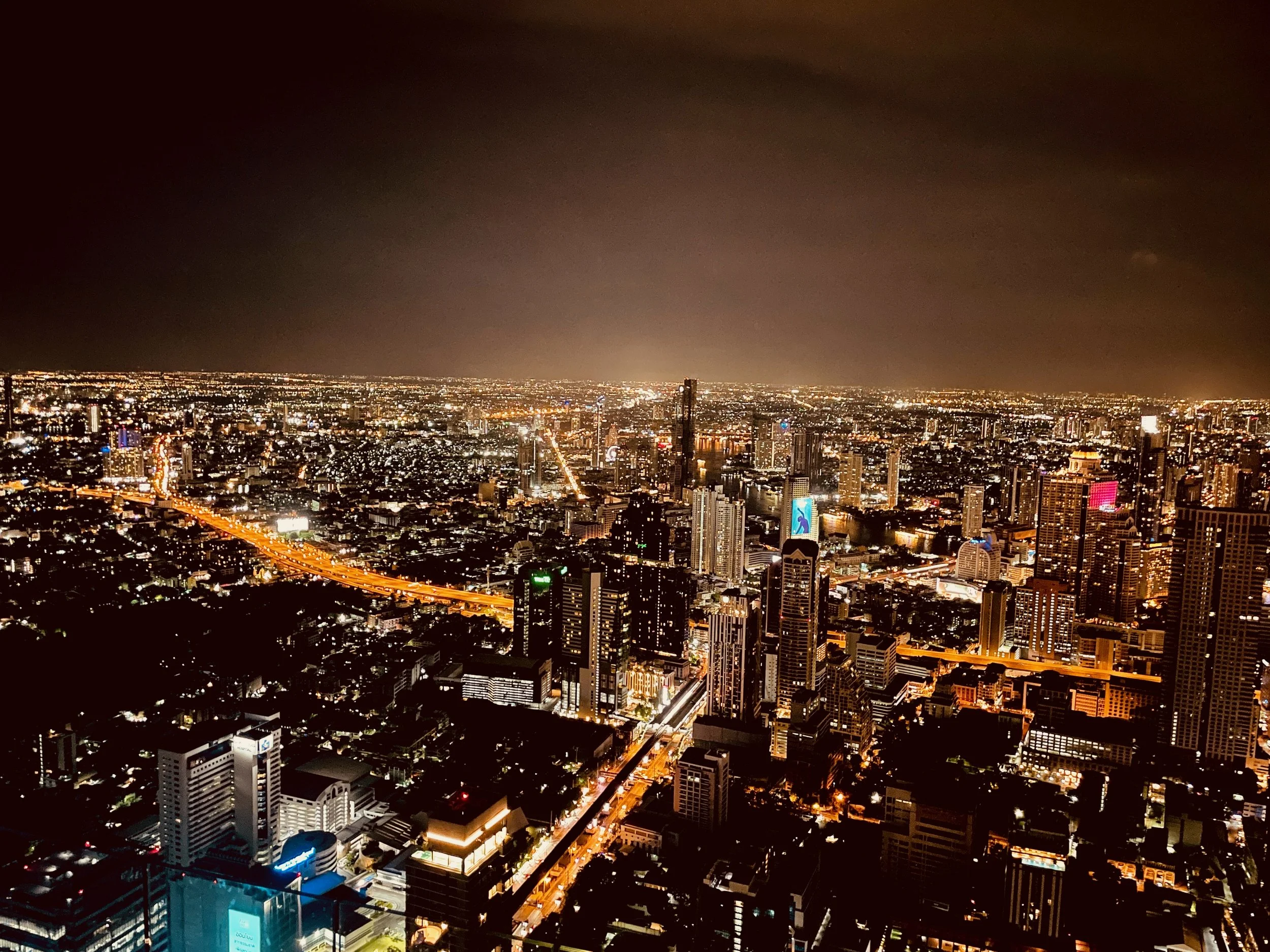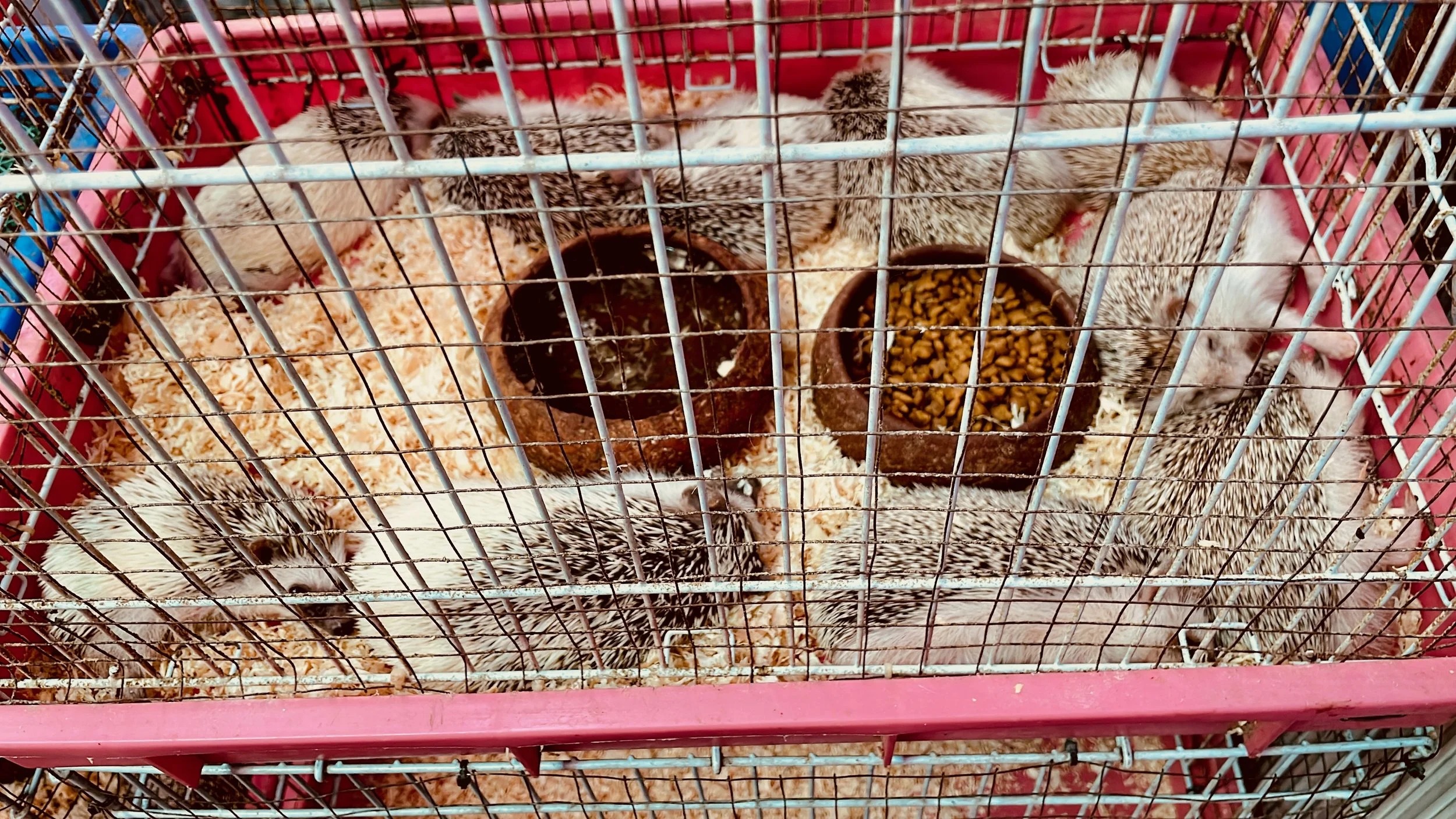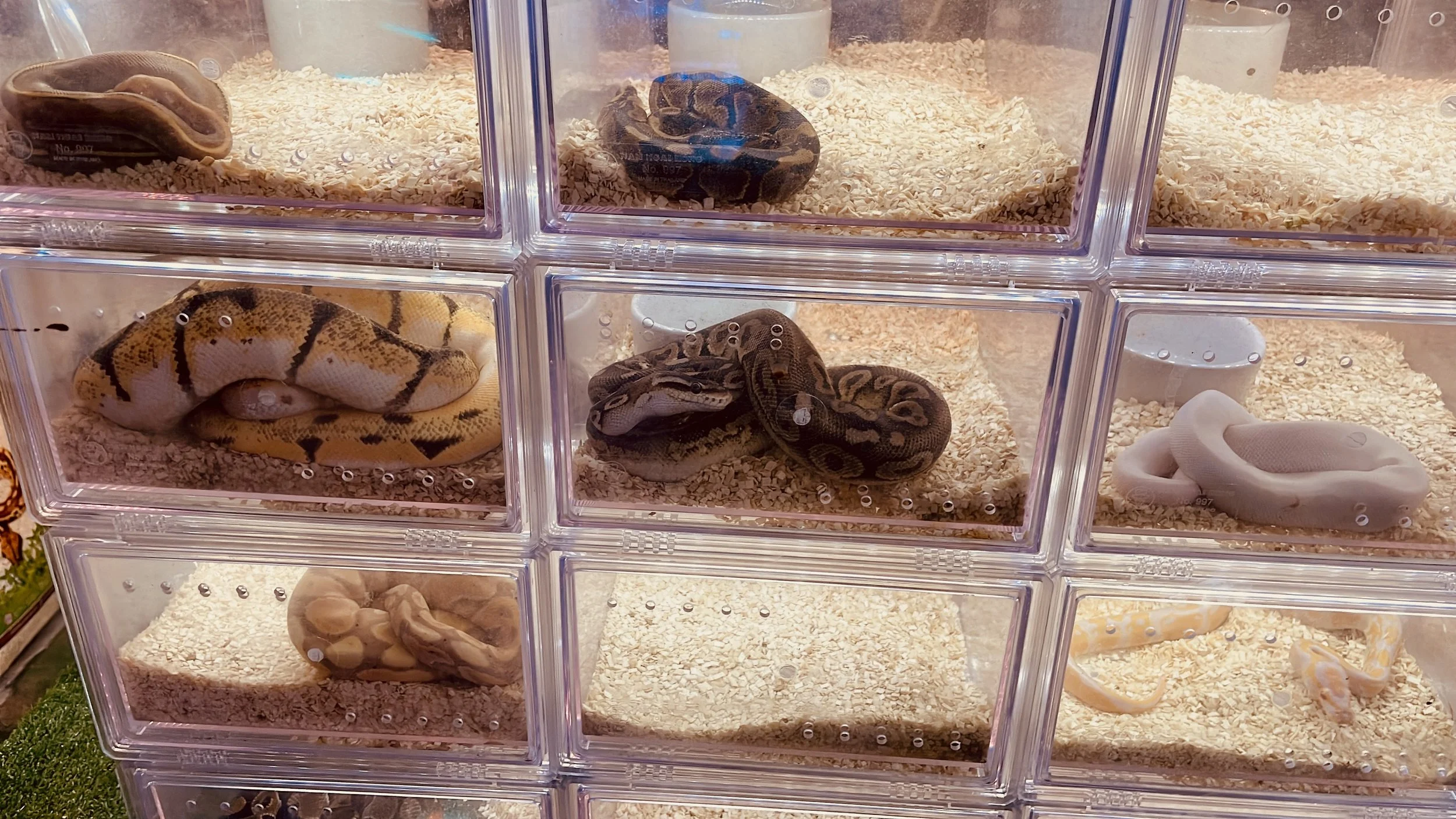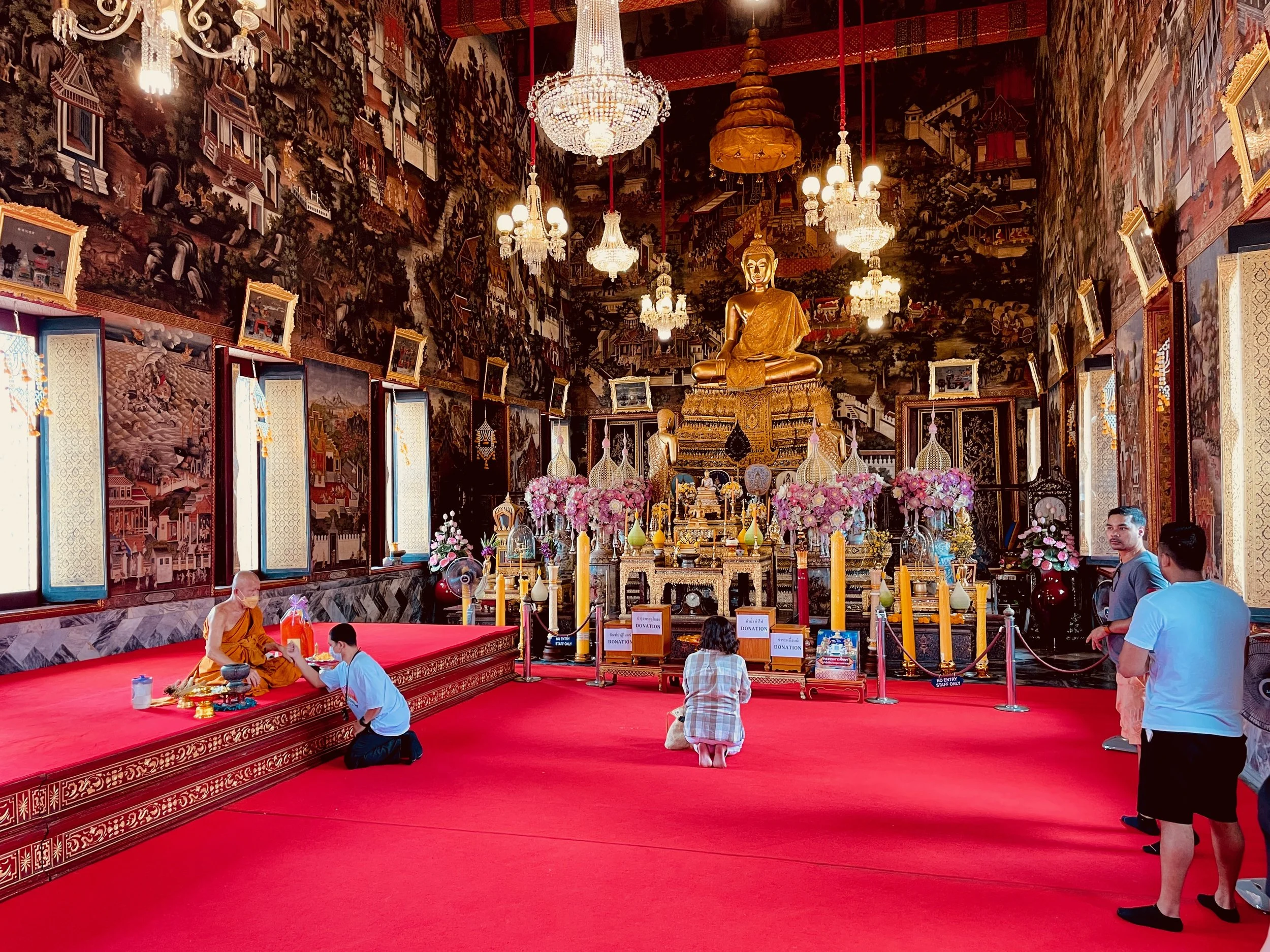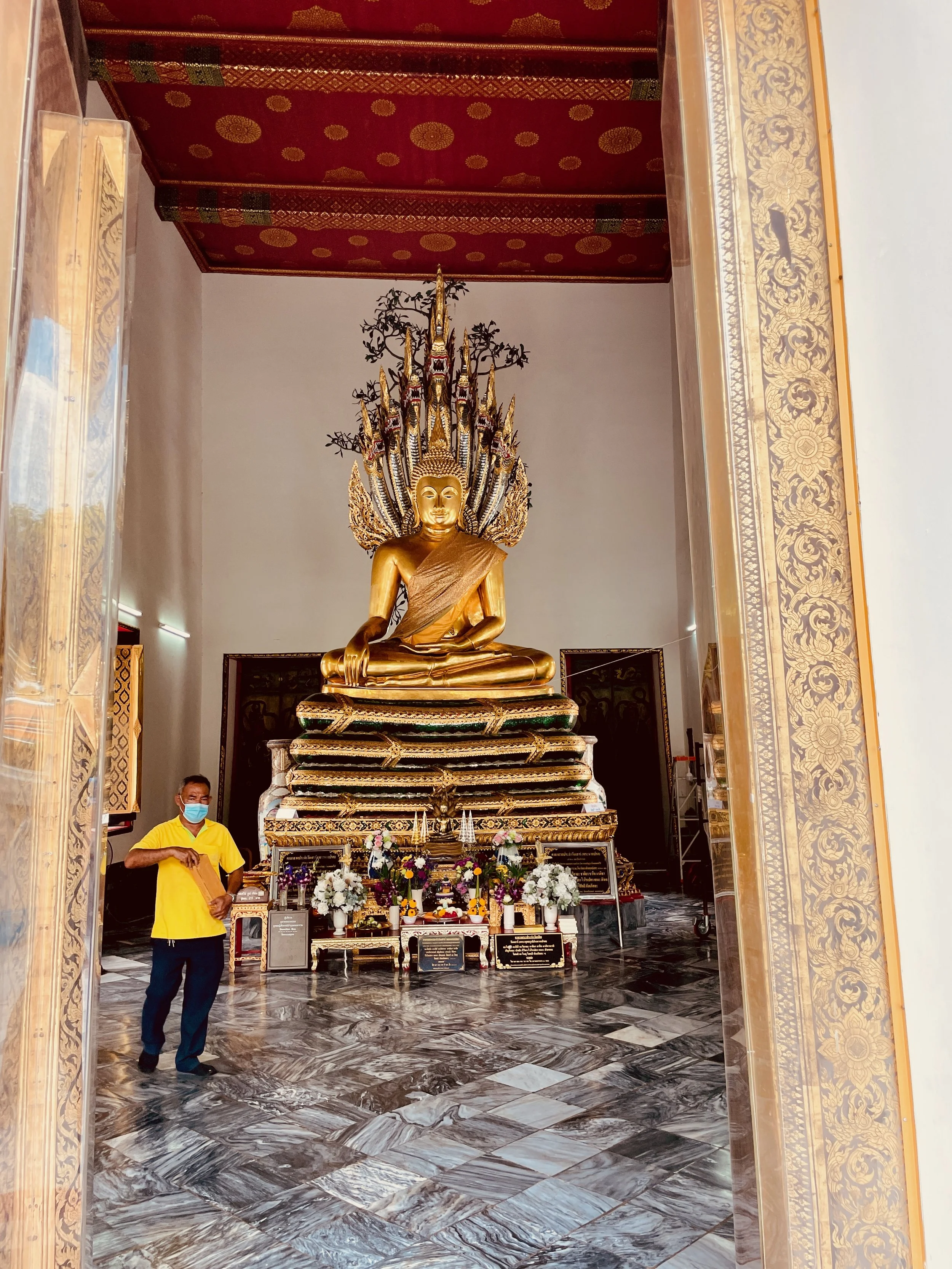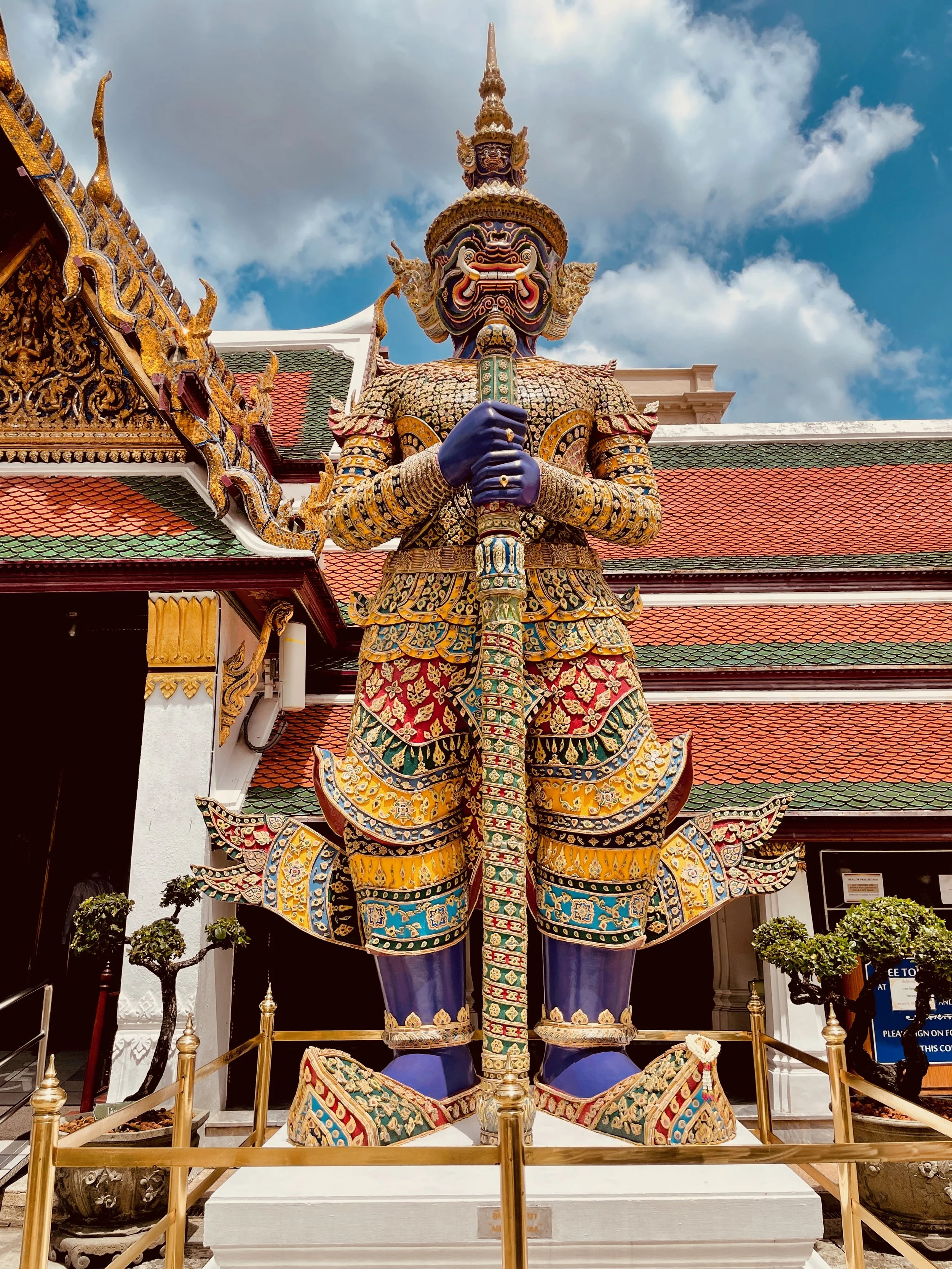A.N.N.I.E
The humidity hit Judd like an open oven the second he stepped onto the Bangkok curb. Thick, hot air clung to his skin like a wet coat. The city roared around him—tuk-tuks belching exhaust, food stalls sizzling with chilies and garlic, neon signs blinking in Thai and English.
He swiped sweat from his brow and muttered, “I’ll take the Kalahari any day.”
He’d grown up under the dry, merciless heat of the desert. Heat he could trust. This… this was something else entirely. It was alive. Smothering. Unrelenting. But he wasn’t in Thailand for the weather.
Judd was here to meet The Order’s new intelligence unit, a newly formed, highly secretive team—small in number, large in scope. Tucked away in a minimalist tower on the edge of Lumphini Park, the team was composed of polymaths and introverts, brilliant minds from every continent. Engineers from Estonia, cryptographers from Nairobi, linguists from Seoul, and rogue machine-learning wizards from Buenos Aires. People who rarely looked you in the eye, but whose brains operated ten moves ahead.
Their mission: design and build ANNIE—the Accelerated Neural Network and Intelligence Engine.
It would be The Order’s most ambitious defense against Sebastian Wolf yet. ANNIE was more than an AI—she would be an adaptive, evolving intelligence trained on centuries of Order records, language systems, satellite telemetry, darknet communications, threat pattern analysis, and geopolitics. Her purpose: to outthink, outmaneuver, and expose the Black Tide in real time.
But that was only the start.
ANNIE would integrate with the Order’s sensor networks, drones, cyber-ops, and real-world agents. She could identify anomalies in shipping lanes, cross-reference facial recognition data from over 200 cities, predict cyberattacks before they happened, and trace back false flag operations in hours instead of weeks. A tactical oracle. A digital chess master.
And she had to be built fast.
Judd stood before the projection screen as the lead architect, a soft-spoken Ukrainian named Dima, outlined ANNIE’s neural mesh learning strategy with an intensity usually reserved for atomic detonations.
“She’ll learn from the field,” Dima said, “Not just from data. From you. She’ll build intuition.”
Judd nodded, but didn’t smile. “Good. Because Wolf’s building machines that don’t need sleep, mercy, or motive. We’re going to need a mind that thinks faster than the devil.”
His phone buzzed—encrypted message from Cindy.
A lead.
Unrelated to ANNIE, but possibly invaluable.
It was a scrap from the past: a Bangkok furniture dealer, rumored to have known Sebastian Wolf as a child. No name—just an old address and a note scribbled in Cindy’s handwriting: “He might remember the boy before the darkness.”
With no ticking clock this time, Judd took the long road. Bangkok deserved it.
He visited the Grand Palace, shimmering with gold in the late afternoon sun. He walked the marble courtyards of Wat Pho, the Temple of the Reclining Buddha, marveling at the enormous gilded statue that stretched the length of a football field, toes inlaid with mother-of-pearl.
He drank sweet iced coffee from a street cart, bartered for silk in a night market, and watched incense curl skyward in Wat Arun at sunset.
Then he went looking.
The address led him to Soi Ban Baat, a narrow side street hidden behind layers of new construction. He found the shop just as a storm rolled in—wooden shutters, faded red paint, and a sign half-eaten by time: Phan’s Antique Furnishings.
Inside, it smelled of lacquer, teak, and the past.
The shopkeeper—an elderly Thai man with silver hair and a limp—watched Judd with wary eyes. He spoke decent English, but his tone turned flat when Judd mentioned Wolf’s name.
“Don’t know him,” he said, too quickly.
“He would have been just a boy,” Judd offered. “European. His mother worked for—”
“I said,” the man interrupted, his voice rising just slightly, “I don’t know him.”
Then he shuffled quickly to the front door, opened it wide, and gestured. “Go. Please. No more questions.”
Before Judd could argue, the old man pushed him out and slammed the door. A second later, the click of a deadbolt echoed behind it. Through the shutter slats, Judd heard shouting. Another voice—angry. Threatening.
He didn’t catch the words, but he caught the fear.
Judd stepped back into the rain-slicked alley, water beading on his shoulders, his pulse steady.
Next time, the questions wouldn’t be so polite.
